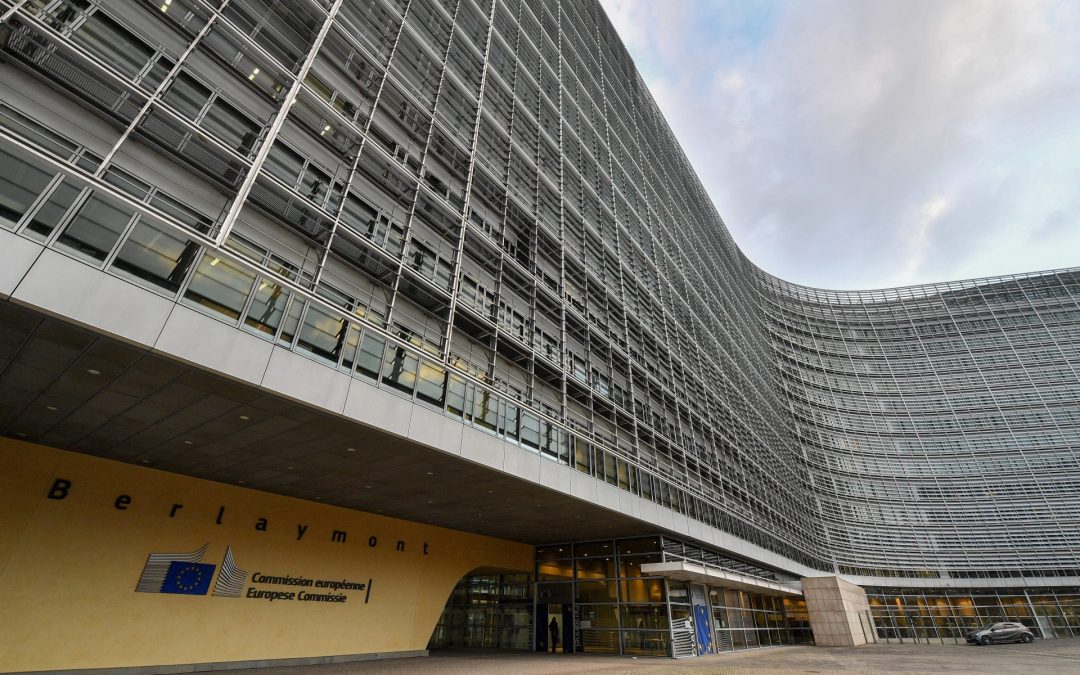Brussels – The European Commission has significantly reduced Romania’s economic growth forecast for 2025, from 1.4% to just 0.7%, signaling that fiscal consolidation measures and persistent inflation will continue to affect private and public consumption. According to the new estimates, the economy will advance by 1.1% in 2026 and by 2.1% in 2027, as inflationary pressures diminish and monetary policy relaxes. However, political, fiscal uncertainties and concerns regarding the capacity to absorb European funds continue to weigh on growth prospects.
The community executive warns that the budget deficit remains very high, despite the fiscal adjustment packages adopted. After a level of 9.3% of GDP recorded in 2024, the deficit is expected to drop to 8.4% in 2025, 6.2% in 2026, and 5.9% in 2027, but this improvement strictly depends on maintaining fiscal discipline. Defense spending will gradually increase, and public debt will rise from less than 55% of GDP in 2024 to nearly 63% in 2027, against the backdrop of a high primary deficit and rising financing costs.
Household consumption will remain anemic, affected by rising prices, the freezing of public sector wages, and the moderation of wage increases in the private sector. In 2026, fiscal measures – including the freezing of pensions and the increase of certain taxes – will be strongly felt, leading to a slight decline in private consumption and a decrease in public consumption. In contrast, investments will gain momentum due to European funds and a return of confidence in the business environment, while exports will continue to perform favorably, supported by wage moderation.
The labor market will show signs of weakness in 2025, when the unemployment rate will exceed 6%, before gradually declining. Inflation, after a decrease in 2024, will rise to 6.7% in 2025 due to the removal of the price cap on electricity, and the disinflationary pace in 2026 will be slowed by the liberalization of gas prices.
The Commission warns that any deviation from fiscal consolidation or difficulties in implementing European projects could significantly deteriorate economic prospects.
The European Commission publishes two comprehensive forecasts each year (in spring and autumn), covering a wide range of economic indicators for all EU member states, candidate countries, EFTA countries, and other major advanced and emerging market economies.
The European Commission’s economic forecasts for spring 2026 will update the projections in this publication and are expected to be presented in May 2026. (17.11.2025)
 go to the original language article
go to the original language article
